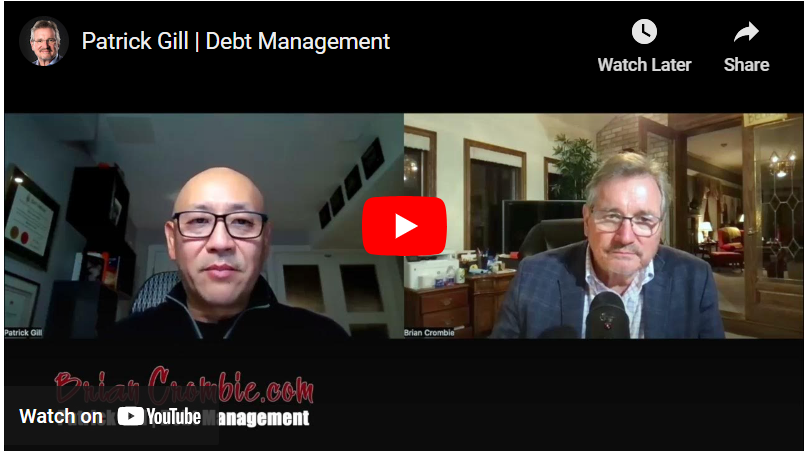Key Similarities and Differences

Most MPI policies work the same way as traditional life insurance policies. Every month, you pay the insurer a monthly premium. This premium keeps your coverage current and ensures your protection. If you die during the term of the policy, your policy provider pays out a death benefit that covers a set number of mortgage payments. The limitations of your policy and the number of monthly payments your policy will cover come with the policy’s terms. Many policies agree to cover the remaining term of the mortgage, but this can vary by insurer. Like any other type of insurance, you can shop around for policies and compare lenders before you buy a plan.
However, MPI differs from traditional life insurance in a few important ways.
Policy Beneficiaries
First, the beneficiary of an MPI policy typically isn’t your family – it’s your mortgage company. If you die, your family doesn’t see a lump sum of cash like they would with a typical term life insurance policy. Instead, the money goes directly to your lender. When you receive a lump sum payment from a term life insurance policy, your family is the beneficiary and can spend the money however they please.
Some homeowners think this is a good thing. It can be hard to budget for a massive payout, and MPI guarantees that the money will go toward keeping your family in your home. However, this also means that your family can’t depend on your insurance to cover other bills. You can’t use an MPI policy to fund things like funeral expenses and property taxes.
If you’re looking for insurance to cover other expenses beyond your mortgage, you’ll want to get quotes on additional coverage.

Acceptance Rates And Insurance Premiums
Secondly, MPI policies have guaranteed acceptance. When you buy a term life insurance policy, the cost you pay each month depends on factors like your health and occupation. You get to skip the underwriting process with an MPI policy, as most policies typically don't require policyholders to submit a medical exam. This can be very beneficial if you’re sick or work in a dangerous or high-risk job. However, it also means that the average MPI premium is higher than a life insurance policy for the same balance. For adults in good health who work in low-risk jobs, this can mean paying more money for less coverage.
Rules And Regulations
The last difference between MPI and traditional life insurance lies in the regulations involved. MPI policies have several strings attached that can change your benefits. For example, most MPI policies include a clause that states that the balance of your death benefit follows the balance of your mortgage. The longer you make payments on your loan, the lower your outstanding balance. The longer you hold your policy, the less valuable your policy is. This is different from life insurance policies, which typically hold the same balance for the entire term.
Many MPI companies also have strict limits on when you can buy a policy. Most companies require you to buy your insurance policy within 24 months after closing. However, some companies might allow you to buy a policy up to 5 years after you close on your loan. Your MPI company may also deny you coverage based on your age, as older home buyers are more likely to receive a payout than younger ones.

Design Exhibitions
There are new exhibitions at the National Museum every month. Check out what's on when you're in town.
23
24
25
26
27
28
1
2
3
4
5
6
7
8
9
10
11
12
13
14
15
16
17
18
19
20
21
22
23
24
25
26
27
28
29
30
31
1
2
3
4
5






